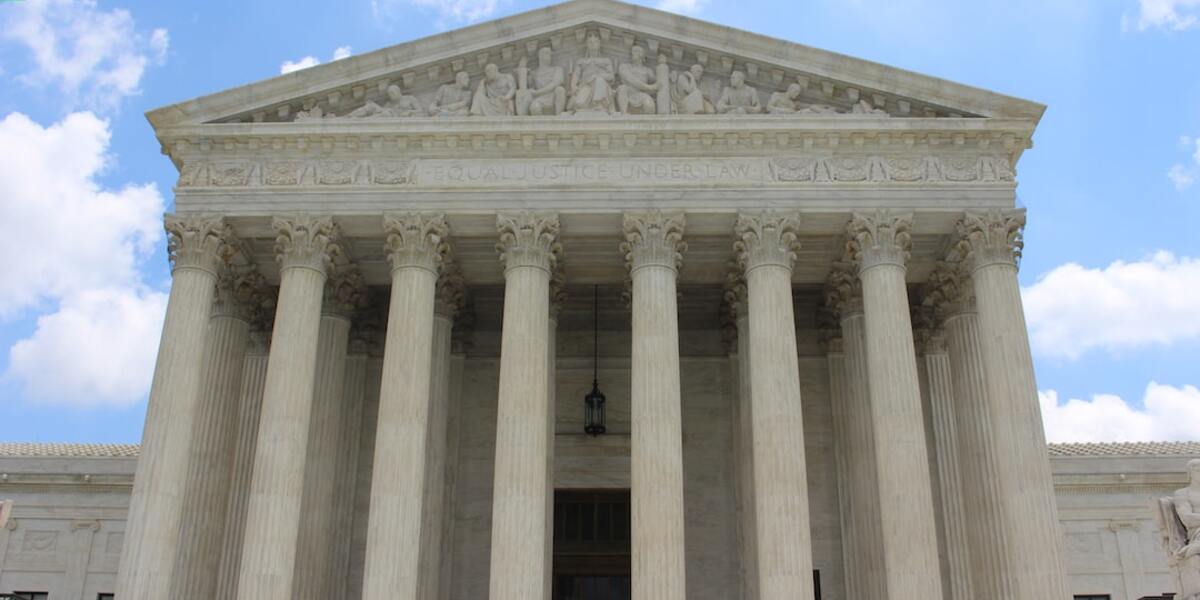How long can you keep a bank account open after death?
When someone passes away, their estate must go through the probate process. This can be a difficult and complex task that requires help from an experienced Buffalo Grove Probate Lawyer to ensure all assets are distributed according to the deceased’s wishes. One of those assets may include bank accounts which raises questions about how long they can remain open after death?
In this blog post we will discuss what happens when you pass away with a bank account still in your name, who is responsible for closing it down and if there are any exceptions or special circumstances where keeping it open might be possible. We’ll also look at some practical tips on how best to handle these situations as well as provide advice on finding reliable legal assistance from qualified Buffalo Grove Probate Lawyers should you need additional guidance throughout the process.
What to Know About Closing a Bank Account After Death
When a loved one passes away, closing their bank account is often an important part of the estate administration process. In order to properly close out the deceased’s financial accounts and ensure that all assets are distributed according to his or her wishes, it is essential for executors and family members to understand how this task should be handled. The laws governing these matters vary from state-to-state so consulting with a Buffalo Grove probate lawyer can help you determine which steps need to be taken in your particular situation.
The first step when closing a bank account after death is typically obtaining letters testamentary or letters of administration from the court clerk’s office in Illinois where the decedent resided at time of passing. This document serves as proof that you have been appointed by either will (if there was one) or by intestacy statute if no valid will exists, as administrator over any remaining funds within those accounts held solely under their name prior to death; without such documentation banks may not allow access into said accounts until they receive evidence verifying your authority on behalf of heirs/beneficiaries entitled thereto . Additionally , some states require additional paperwork including certified copies of death certificates before granting permission for closure ; therefore it would behoove individuals responsible for settling estates consult with experienced legal counsel like Buffalo Grove probate lawyers who specialize in navigating through complex issues surrounding wills & trusts litigation .
Understanding the Rules and Regulations Surrounding Post-Death Banking Accounts
When a loved one passes away, it can be difficult to know what steps must be taken in order to properly manage their post-death banking accounts. In Buffalo Grove, Illinois the probate process is overseen by local courts and involves settling all of an individual’s financial obligations after death. It also includes determining who will receive assets from the deceased’s estate and how those assets should be distributed. As part of this process, any bank accounts that were held by the decedent at time of death may need to go through a special court procedure known as “post-death banking account administration” before they are released for distribution or closed out completely.
In general terms, post-death banking account administration requires that certain documents such as letters testamentary (a document issued by a court authorizing someone to act on behalf of another person) or other proof establishing legal authority over the funds being administered must first be presented in order for banks to release money from these types of accounts without penalty or additional fees assessed against them. Additionally, depending upon state law governing where your relative lived prior passing away there may also exist specific rules regarding when distributions can occur along with limits placed on how much money per month/year you are allowed withdraw without running afoul with IRS regulations concerning taxable income derived from estates and trusts set up following somebody’s demise . A qualified Buffalo Grove Probate Lawyer familiar with both federal tax laws related inheritance matters along with local statutes surrounding probating wills & administering trust agreements would best serve you if seeking advice about managing finances left behind after losing somebody close due unforeseen circumstances
Exploring Your Options for Deceased Person’s Assets in Buffalo Grove, IL
When a person passes away, their assets are typically distributed according to the terms of their will or trust. If they did not have one in place, then state law dictates how these assets should be divided up among family members and other beneficiaries. In Buffalo Grove, IL there is an experienced probate lawyer who can help you navigate this process so that your loved one’s wishes are honored and respected. The attorney has experience with both contested and uncontested estates as well as dealing with guardianships for minors or disabled adults who may need assistance managing finances after the death of a parent or guardian. They also understand the importance of preserving wealth through tax planning strategies such as trusts which can minimize estate taxes owed by heirs upon distribution of assets from deceased persons’ estates . This knowledge allows them to provide sound advice on asset protection measures during life that could potentially save money down the road when it comes time to distribute those same resources at death.
Navigating Probate Law with an Experienced Buffalo Grove Attorney
Navigating probate law can be a daunting task. With so many laws and regulations to consider, it is important that you have an experienced Buffalo Grove attorney on your side who understands the complexities of this area of practice. At our firm, we are committed to providing clients with knowledgeable legal counsel in order for them to make informed decisions about their estate planning needs. Our attorneys will work closely with you throughout the entire process from start to finish ensuring that all aspects of your case are addressed properly and efficiently while also protecting your rights as an individual or family member during any disputes or proceedings related to inheritance matters. We understand how emotionally taxing these situations can be which is why we strive hard every day towards finding creative solutions tailored specifically for each client’s unique situation – allowing them peace-of-mind knowing they have someone fighting by their side through thick and thin!
Frequently Asked Question
-
How long can you keep a bank account open after death?
-
How long after someone dies is a will read?
-
Who will inherit if there is no will?
-
Can anyone ask to see a copy of a will?
-
Who tells the bank when someone dies?
-
What happens to a bank account when someone passes away?
-
Can a beneficiary ask to see a copy of the will?
-
How long does an executor have to settle an estate in Alberta?
-
How do I find someone’s will in Alberta?
-
Who is entitled to see a copy of a will in Alberta?
(a) The FDIC will provide insurance for accounts of account holders who have died within six months.
It usually takes about 3 weeks.
Children, if no civil or married partner survives. If there’s no partner to support the estate, then the entire estate is passed on to the children. No matter how large the estate, this applies. The estate is divided equally if there are more than one child.
A will, except for a grant to probate, is generally considered private. A grant of probate is issued and a will can be made public. Anyone may request a copy.
A bank will only find out about the death of a person if the relatives notify them. If they have all the paperwork, anyone can inform a bank of a deceased person’s passing. This responsibility usually falls to the next-of-kin, or executor.
The account will be available to the beneficiary if the decedent has not named one. However, access will only be granted after the probate process is completed. The probate court will name an executor to distribute the funds after all debts have been paid if the deceased didn’t name any beneficiaries or make a will.
Beneficiaries often ask for a copy the will. However, it is up to you as executor to decide whether to give the Will to the beneficiary.
Alberta has no set timeline for executors to fulfill their duties. They are still required to make the distribution of the estate within a reasonable time. Probate generally takes at least a year. Executors have generally one year to fulfill their duties.
Surrogate registrars keep probate and will records. Both the records of the registrar and those of the clerk are kept in the courts of various judicial districts. (See Alberta Court Records).
People who only want to see the will do not have access to it. A person may not be entitled to see the will even if they are related to the testator. If someone is legally entitled to the will, they may be allowed to view it or request intervention from the court.
Conclusion
When it comes to keeping a bank account open after death, the process can be complex and time-consuming. It is important to do your research when looking for a probate lawyer in Buffalo Grove or elsewhere that you trust. Be sure to look at reviews on our website as well as other trusted links before making any decisions about who will handle this sensitive matter for you. Doing so will ensure that everything goes smoothly and quickly with minimal stress during an already difficult period of life.





